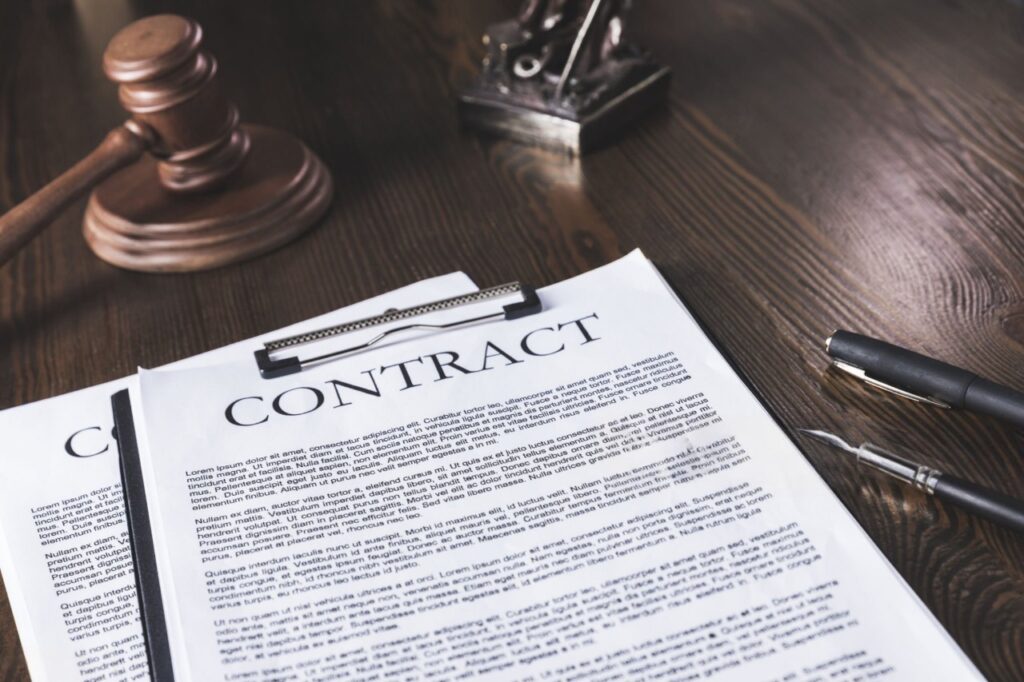
Tech startups in New York move fast. The product is live, the sales team is pushing deals, and big customers are asking for contracts. Then someone sends over a lengthy, dense addendum full of data privacy terms, and everything slows down.
These documents are called Data Processing Agreements (DPAs) or privacy addendums. They’re common in B2B deals, especially when your product touches personal data. But if your team isn’t ready to handle them, they can cause long delays, redlines, or lost deals.
This is where a data privacy lawyer New York makes a big difference.
What is a data addendum, and why are you getting one?
When you sell software or services that collect, process, or store data, your customers want to know how you handle it. That’s what a data addendum covers.
It’s an extra set of contract terms that usually address:
- What data you collect
- How it’s stored and secured
- How long you keep it
- Who else has access (vendors, partners, sub-processors)
- What happens in case of a breach
- How you respond to data subject requests
These terms help your customer comply with privacy laws like the GDPR and CCPA. But here’s the catch: those laws apply to your customer, too. So, they want to make sure you’re not putting them at risk.
A data privacy lawyer in New York can review these addendums and explain which terms are standard and which ones might create risk for your startup.
Where things usually stall
Startups often get tripped up in a few key places:
- Security promises that are too broad
- Unrealistic breach timelines
- Data deletion rules that don’t match your system
- Liability clauses that shift all the risk to you
This is where a commercial contract lawyer New York can help by pushing back on the right points and suggesting wording that protects both sides without slowing the deal.
Build a playbook for faster review
Instead of reacting to every DPA one at a time, create a standard approach. A data privacy lawyer in New York can help you build a “playbook” to speed things up.
This usually includes:
- A list of acceptable clauses you can approve quickly
- A few fallback options for common negotiation points
- A red flag list of terms you should always review carefully
- Internal notes for sales, legal, or ops teams to follow
That way, when your team sees a DPA, they’re not starting from scratch. Everyone knows what to look for and what to flag.
Use your data addendum first
One smart move: send your data terms before they do.
You can create a simple, clean data addendum that covers:
- Security standards you follow
- How you handle user rights
- Limits on data sharing
- Contact info for privacy questions
- Language that works with both GDPR and CCPA
A commercial contract lawyer in New York can help you draft this. Then, when a deal starts, your team can send it right away. Many customers will accept it or only ask for small changes.
This gives you control, saves time, and sets the tone for handling data.
Train your sales and legal teams to work together
Deals don’t fall apart just because of legal questions. They fall apart when sales teams and legal teams don’t coordinate.
Make sure your sales reps know:
- What a DPA is
- When to bring in legal help
- What they can say about your privacy practices
- How to explain delays (without guessing or overpromising)
At the same time, your legal support should know:
- Which deals are priority
- What the customer’s business is
- Where your product collects and stores data
Working with a data privacy lawyer who understands how fast sales cycles work can help your teams stay in sync.
Final thoughts
Privacy addendums are here to stay. In New York’s tech scene, your startup will keep seeing them, especially if you sell to mid-sized or enterprise customers. You can treat them like roadblocks. Or you can get ahead of them.
With the right playbook, smart internal processes, and help from a data privacy lawyer or a commercial contract lawyer, your team can handle DPAs without missing a beat. You’ll close deals faster, look more professional, and keep legal risks in check.



